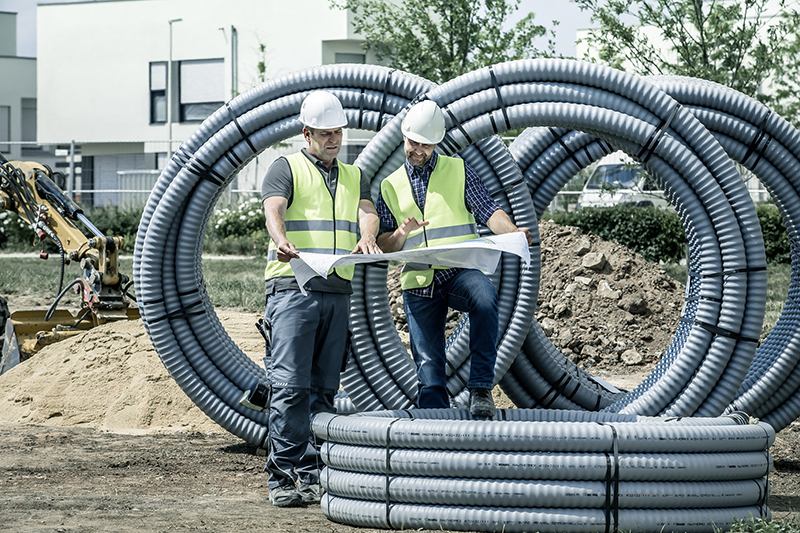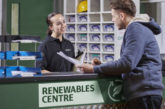
The recent publication of the Committee on Climate Change’s report into the UK’s net zero progress demonstrates a pressing need for project specifiers and developers to consider low-carbon heating systems. With this in mind, Steve Richmond, Head of Marketing and Technical for REHAU Building Solutions, is advising key construction stakeholders to further accelerate the decarbonisation process.
“The passage of the UK’s net zero commitment into law transformed the landscape in many industries, including construction,” says Steve. “Lower carbon emissions are now vital concerns for any project, and governs key specification decisions. Additional legislation such as the Future Home Standard 2025 are a step towards this goal, but as the CCC’s report shows, there is more work to be done – especially with the current uncertainty about the future renewable heat policy landscape.”
With the report urgently advocating the uptake of more eco-friendly heating technology, Steve is advising specifiers and developers to look into low-carbon solutions. “If we are to stay on track with our goal of decarbonising the economy, the construction sector must take action now, in line with the CCC report’s recommendations. It is therefore crucial that developers and specifiers evaluate the merits of more sustainable heating technologies. By doing so, they can futureproof both residential and commercial developments for years to come.”
Examples of more sustainable technologies include heat pumps. Hydrogen is often highlighted as a viable renewable heating technology, but with workable solutions potentially years away, specifiers should turn to proven options to lower carbon emissions, such as heat pumps.
Fourth generation district heating systems linked to low-carbon sources can also help markedly reduce carbon emissions. Because water flows through the system at a lower, 40-60oC flow temperature, it is ideally suited to waste heat or centralised water, air or ground source heat pumps, resulting in much lower emissions when compared to gas-powered third generation district heating options.
Steve concludes: “Developers need to consider both district heating and heat pumps if they are to decarbonise at the pace outlined in the CCC’s report and produce buildings fit for the future. The release of the Construction Leadership Council’s post-pandemic ‘Roadmap to Recovery’ earlier this month, which placed net zero at the heart of any industry recovery and reinvention plan, further prioritises this course of action.
“Whether used on an individual, house-by-house basis, or as the central source for a district heating system heating a number of buildings, heat pumps and district heating represent viable options for reducing emissions in line with net zero targets as the construction sector recovers from COVID-19 disruption.”
For further information on REHAU’s pre-insulated pipework systems, and their use in heat pump and district heating networks, visit: www.rehau.uk/districtheating













